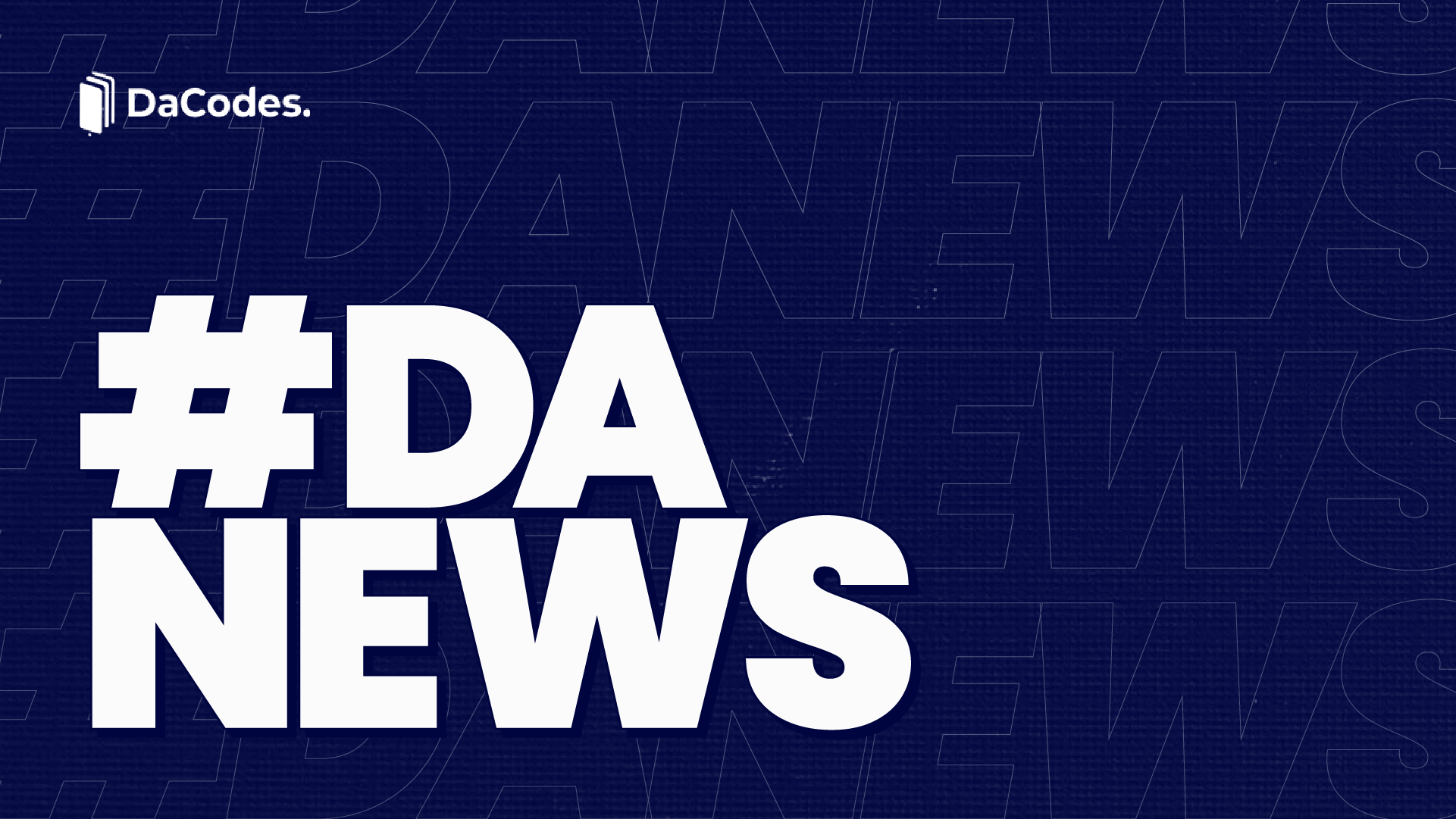
Safeguarding Sensitive Data in AI Pipelines
Understanding the Importance of Data Protection in AI
In the burgeoning field of artificial intelligence (AI), the protection of sensitive data is paramount. As AI systems become more advanced and integrated into various sectors, ensuring the privacy and security of data used in these systems is not merely a regulatory necessity but a trust-building measure. AI pipelines, which handle large volumes of data, often include sensitive information that, if leaked, could lead to significant breaches of privacy and trust. Protecting this data is essential for maintaining compliance with laws and regulations, as well as for fostering user confidence in AI technologies.
Anonymization and Cleansing Techniques Using Cloud DLP
One of the most effective ways to safeguard sensitive data in AI pipelines is through anonymization and data cleansing. Google Cloud's Data Loss Prevention (DLP) service is a powerful tool that helps in identifying, classifying, and anonymizing sensitive data. By using Cloud DLP, organizations can mask, tokenize, or obfuscate sensitive information, ensuring that personal identifiers are not exposed during data processing. This process involves transforming data in such a way that it cannot be traced back to an individual without additional information, thereby protecting privacy while still allowing for data analysis.
Principles of Data Minimization in AI Pipelines
Data minimization is another critical principle in data protection. It involves collecting and processing only the data that is absolutely necessary for the intended purpose. This principle reduces the amount of sensitive data that could potentially be exposed in the event of a breach. Implementing data minimization in AI pipelines requires a thorough understanding of the data requirements for each AI model and ensuring that only the necessary data is collected and stored. This approach not only enhances privacy but also improves the efficiency of the AI models by reducing the volume of data they need to process.
Implementing Effective Pipeline Controls
To further safeguard sensitive data, it is crucial to implement robust pipeline controls. These controls include access management, encryption, and continuous monitoring. Access management ensures that only authorized personnel can access sensitive data, thereby reducing the risk of internal threats. Encryption, both in transit and at rest, protects data from unauthorized access during transmission and storage. Continuous monitoring involves regularly checking the pipeline for any anomalies or breaches, allowing for swift action to mitigate any potential risks. By implementing these controls, organizations can create a secure environment for their AI pipelines.
Top Three Techniques for Preventing Data Leaks
Preventing data leaks is a critical aspect of data protection in AI pipelines. Here are the top three techniques to achieve this:
-
Data Masking: This technique involves hiding the actual data with modified content, such as replacing real names with pseudonyms. This ensures that even if the data is accessed by unauthorized users, it cannot be easily interpreted.
-
Tokenization: Tokenization replaces sensitive data elements with non-sensitive equivalents, or tokens, that can be used in the database or internal systems without exposing the actual data. The original data is stored in a secure token vault.
-
Encryption: Encrypting data both in transit and at rest ensures that it is unreadable to anyone who does not have the decryption key. This adds a robust layer of security, making it much harder for unauthorized parties to access sensitive information.
Startup Tips: Embedding Data Protection in MLOps
For startups, embedding data protection in Machine Learning Operations (MLOps) is crucial from the outset. Here are some tips:
-
Integrate Security Early: Embed security measures in the development phase of your MLOps pipeline. This approach, known as "security by design," ensures that data protection is a fundamental part of your workflow.
-
Use Automated Tools: Leverage automated tools for data anonymization, encryption, and monitoring. These tools can help maintain high security standards without the need for extensive manual intervention.
-
Regular Audits and Updates: Conduct regular security audits and update your security protocols to address emerging threats. Staying proactive is key to maintaining a robust security posture.
The Role of PII Protection in Building Trust and Compliance
Protecting Personally Identifiable Information (PII) is not just a regulatory requirement but a cornerstone of building trust with users and clients. PII includes any data that can be used to identify an individual, such as names, addresses, and social security numbers. Ensuring the protection of PII helps in maintaining compliance with data protection regulations like GDPR and CCPA. More importantly, it fosters trust among users who feel confident that their personal information is handled with care and respect. This trust is essential for the long-term success and reputation of any organization, particularly those leveraging AI technologies.
How DaCodes Implements Robust Data Privacy and Security Measures
At DaCodes, we understand the critical importance of data privacy and security in today's digital landscape. Our Data Privacy & Security services are designed to implement the highest standards of data protection. We leverage advanced tools like Cloud DLP for anonymization and cleansing, ensuring that sensitive data is thoroughly protected. Our approach to data minimization ensures that only the necessary data is collected and processed, reducing the risk of exposure.
We also implement robust pipeline controls, including encryption, access management, and continuous monitoring, to create a secure environment for our AI operations. Our commitment to protecting PII and maintaining compliance with data protection regulations helps build trust with our clients and their users. By integrating these safeguards into our services, we ensure that our clients can confidently leverage AI technologies without compromising on data security.
Conclusion
In conclusion, safeguarding sensitive data in AI pipelines is essential for maintaining trust, ensuring compliance, and protecting privacy. By implementing anonymization and cleansing techniques using Cloud DLP, adhering to data minimization principles, and establishing effective pipeline controls, organizations can significantly reduce the risk of data leaks. For startups, embedding data protection into MLOps from the outset is crucial. Protecting PII is not just about compliance; it is about building a trustworthy relationship with users. At DaCodes, we are committed to providing robust Data Privacy & Security services that help our clients navigate the complexities of data protection in AI.
Google Cloud. (2025). Delivering Trusted and Secure AI. Google Cloud.

